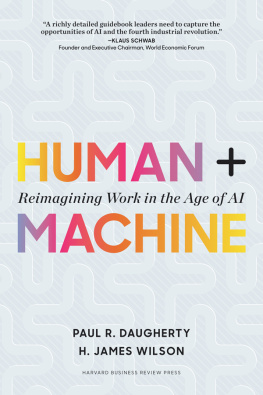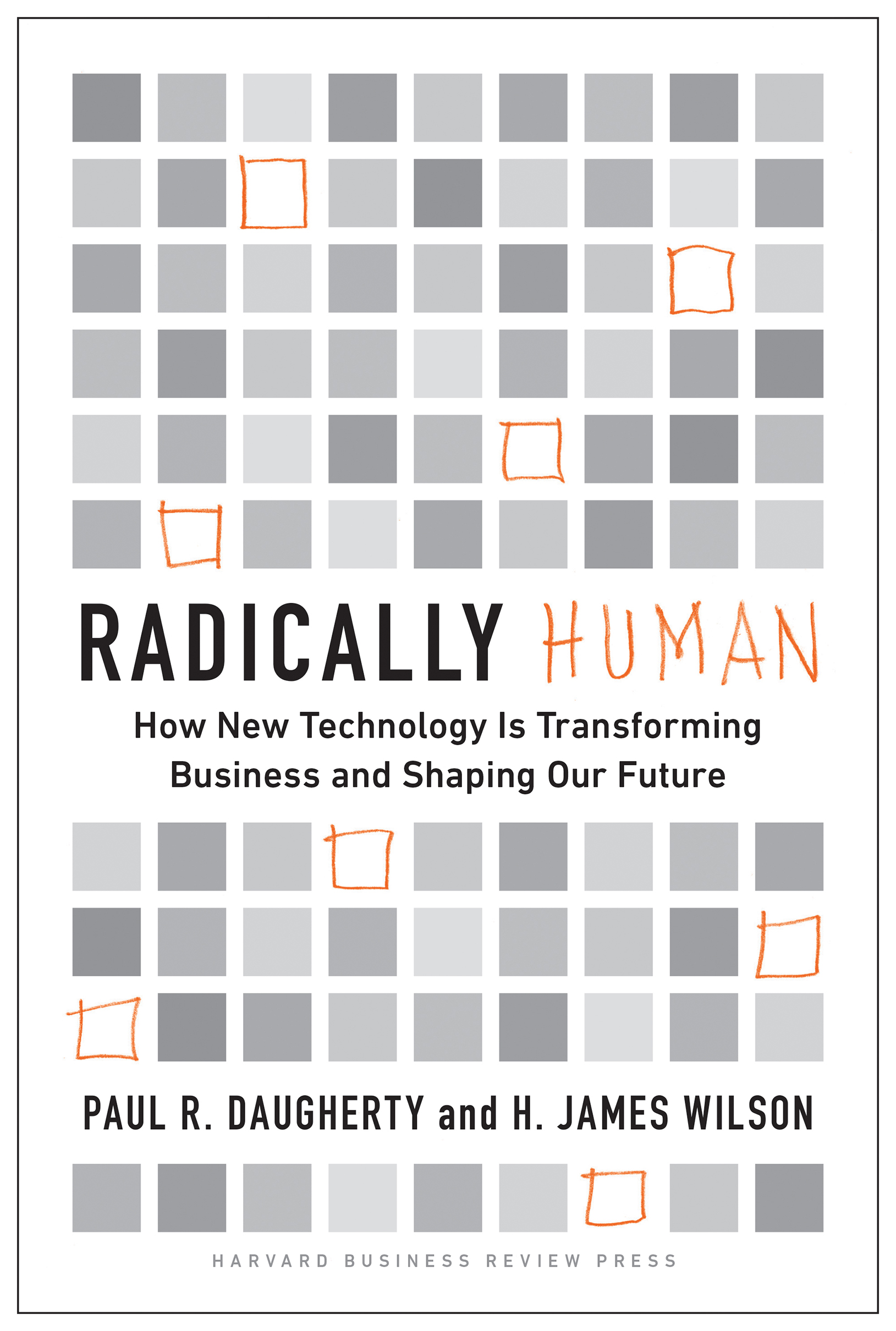In todays business world, the greatest challenge is that most Homo sapiens think linearlybut these people are playing the wrong game. Radically Human offers a set of tools and frameworks to remind everybody that the business world is not linear, but exponential.
STPHANE BANCEL, CEO, Moderna
From emotional AI to the metaverse, digital technologies are rapidly advancing. Daugherty and Wilson offer a compelling blueprint for leaders to create business value while building a more human-centered, trustworthy, and sustainable society. A must-read!
ERIK BRYNJOLFSSON, Professor and Director, Digital Economy Lab, Stanford University; author, The Second Machine Age
Leading organizations recognize the strategic role of technology in the reinvention of their businesses. Radically Human offers an easy-to-understand primer on cloud, artificial intelligence, and other emerging technologies and provides a clear, compelling framework that challenges current thinking with a new human-centric mindset on innovation.
PETER ZAFFINO, CEO, AIG
In Radically Human, Paul Daugherty and James Wilson deftly illustrate how AI and other technologies will transform our future. Building on their extensive research and client experiences, the book makes a powerful case for why a human and humane approach will enable business leaders to disrupt competitors and chart a path toward a future that works for all.
R. RAY WANG, Principal Analyst, founder, and CEO, Constellation Research; author, Everybody Wants to Rule the World and Disrupting Digital Business
Radically Human offers businesses and leaders a startlingly fresh perspective on how the increasingly human face of advanced technology is transforming innovation. Paul Daugherty and Jim Wilson provide a clear road map that enables leaders to build their future in a way that maximizes talent and human potential.
ARIANNA HUFFINGTON, founder and CEO, Thrive Global
Radically Human makes an original, provocative business case for human-centered tech. Companies that harness AI and other advanced technologies while keeping trust and talent at the fore will become this centurys greatest success stories. Daugherty and Wilsons research reveals valuable insights, brilliant real-world examples, and a new framework to transform the future.
AMY WEBB, founder and CEO, Future Today Institute; Senior Fellow, Atlantic Council
Daugherty and Wilson take on the very important work of distilling todays complex and rapidly changing business landscape. Their previous book examined the early rise of artificial intelligence, and now the authors consider how far the technology has come in transforming the traditional definitions of invention and innovation.
PETER CHEN, cofounder and CEO, Covariant
In Radically Human, Paul Daugherty and James Wilson offer an exhilarating perspective on the next stage of our technology development, one that puts the human at the center of a more sustainable futurea future that we will ultimately decide.
JEAN-PASCAL TRICOIRE, Chairman and CEO, Schneider Electric
Radically Human turns upside down many of the assumptions about artificial intelligence and emerging technologies. Daugherty and Wilson make a strong case for a new, human-centered approach to technology leadership and provide a road map to a better future for all.
DR. KAI-FU LEE, Chairman and CEO, Sinovation Ventures; author, AI 2041 and AI Superpowers
RADICALLY HUMAN
How New Technology Is Transforming Business and Shaping Our Future
PAUL R. DAUGHERTYH. JAMES WILSON
HARVARD BUSINESS REVIEW PRESS
BOSTON, MASSACHUSETTS
HBR Press Quantity Sales Discounts
Harvard Business Review Press titles are available at significant quantity discounts when purchased in bulk for client gifts, sales promotions, and premiums. Special editions, including books with corporate logos, customized covers, and letters from the company or CEO printed in the front matter, as well as excerpts of existing books, can also be created in large quantities for special needs.
For details and discount information for both print and ebook formats, contact .
Copyright 2022 Accenture Global Solutions Limited
All rights reserved
No part of this publication may be reproduced, stored in or introduced into a retrieval system, or transmitted, in any form, or by any means (electronic, mechanical, photocopying, recording, or otherwise), without the prior permission of the publisher. Requests for permission should be directed to , or mailed to Permissions, Harvard Business School Publishing, 60 Harvard Way, Boston, Massachusetts 02163.
The web addresses referenced in this book were live and correct at the time of the books publication but may be subject to change.
Library of Congress Cataloging-in-Publication Data
Names: Daugherty, Paul R., author. | Wilson, H. James, author.
Title: Radically human : how new technology is transforming business and shaping our future / Paul R. Daugherty, H. James Wilson.
Description: Boston, MA : Harvard Business Review Press, 2022. | Includes index. |
Identifiers: LCCN 2021044182 (print) | LCCN 2021044183 (ebook) | ISBN 9781647821081 (hardcover) | ISBN 9781647821098 (epub)
Subjects: LCSH: Artificial intelligence. | Technological innovations. | BusinessData processing.
Classification: LCC TA347.A78 D38 2022 (print) | LCC TA347.A78 (ebook) | DDC 006.3dc23/eng/20211012
LC record available at https://lccn.loc.gov/2021044182
LC ebook record available at https://lccn.loc.gov/2021044183
ISBN: 978-1-64782-108-1
eISBN: 978-1-64782-109-8
The paper used in this publication meets the requirements of the American National Standard for Permanence of Paper for Publications and Documents in Libraries and Archives Z39.48-1992.
Science and technology multiply around us. To an increasing extent they dictate the languages in which we speak and think. Either we use those languages, or we remain mute.
J. G. Ballard
INTRODUCTION
Technology Takes a Radically Human Turn
When we began writing this book there was no global pandemic. No disruption of virtually every aspect of life and commerce. No desperate search for a vaccine. And certainly no expectation, against all odds and experience, that a vaccine, much less several, would be developed within a matter of months.
In our previous book, Human + Machine: Reimaging Work in the Age of AI, we detailed how leading companies are using artificial intelligence (AI) to augment human capabilities, not replace them. Here, we intended to extend that story with some trends that were just beginning to come into viewtrends that, like human-machine collaboration, overturn longstanding assumptions about AI and innovation.
Then the virus intervened.
The successful search for vaccines validated much of what we were seeing. So did the work of pioneering researchers and companies large and small across industries, as organizations of all kinds found themselves trying to compress what would have been ten-year technology transformations into one or two years. Rather than a temporary disruption to be overcome before a return to normal, the pandemic fast-forwarded all of usevery company and every individualinto a future that had previously appeared only as a faint glimmer on the far horizon, a future beyond what we imagined in Human + Machine.
The Great Acceleration
Two studies tell the story. Prior to the pandemic, we undertook one of the largest studies ever of enterprise systems and technology adoption. Encompassing C-level executives at more than 8,300 companies across twenty industries in twenty-two countrieshalf in information technology (IT) and half notit included data on their IT systems strategies, their use of twenty-eight technologies, their approaches to talent and culture, and specific performance indicators between 2015 and 2023 (expected).


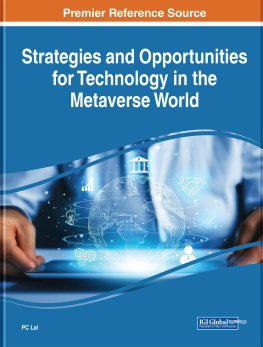
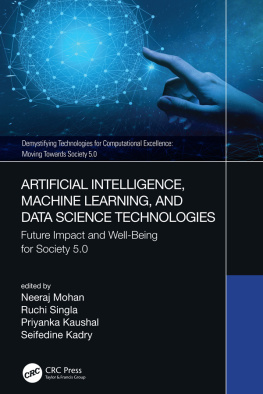
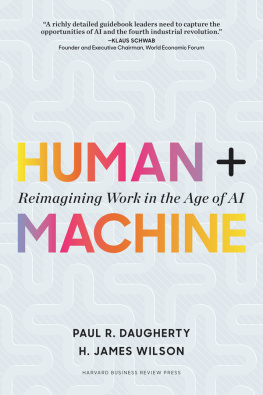
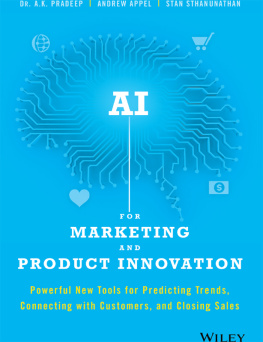
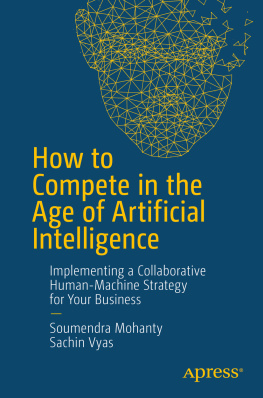
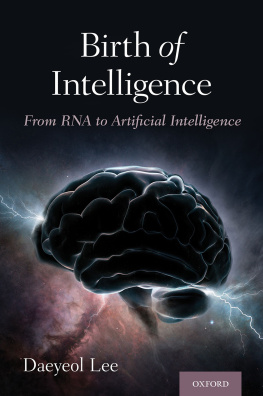
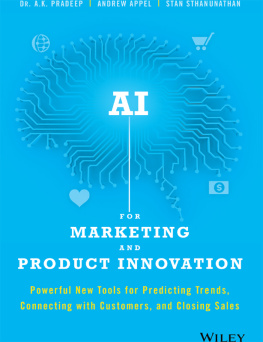
![Jim Sterne [Jim Sterne] - Artificial Intelligence for Marketing](/uploads/posts/book/124040/thumbs/jim-sterne-jim-sterne-artificial-intelligence.jpg)
